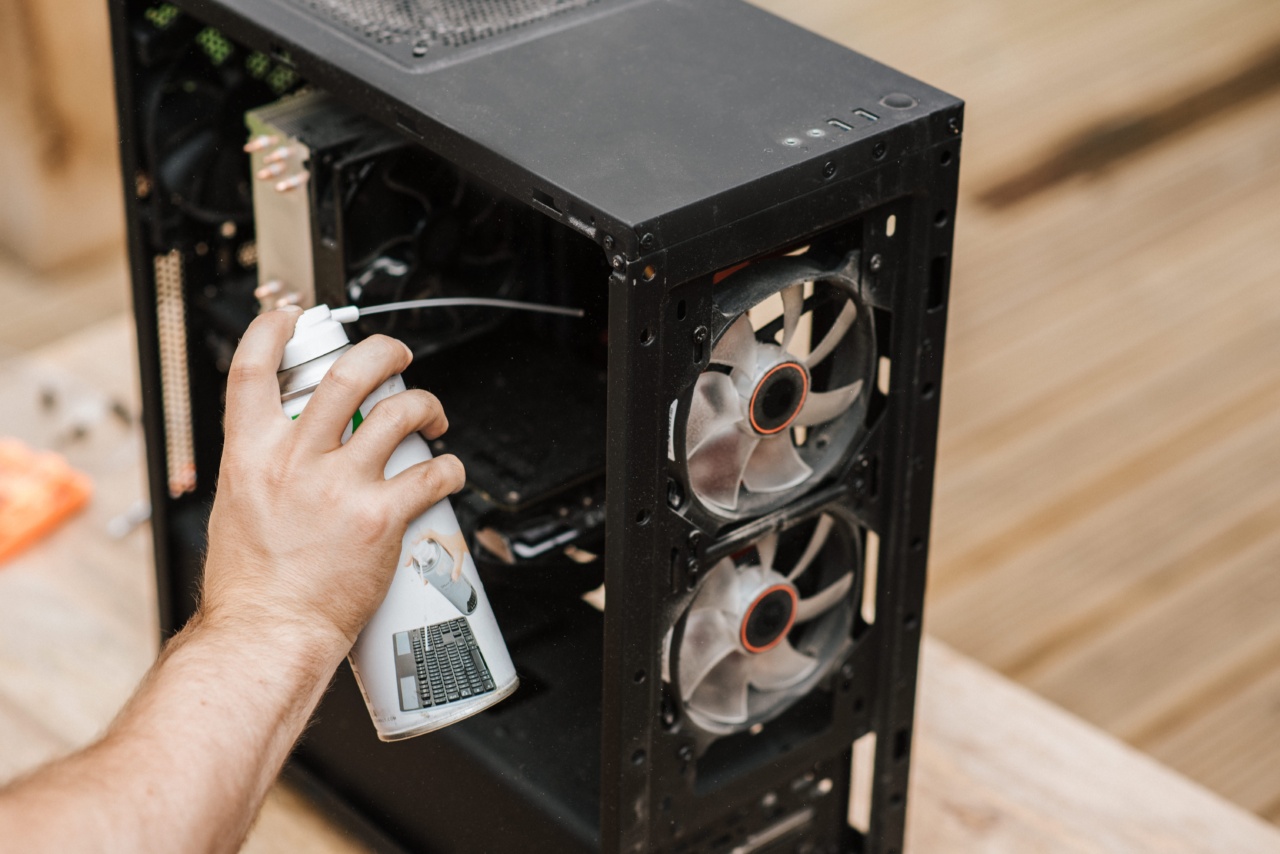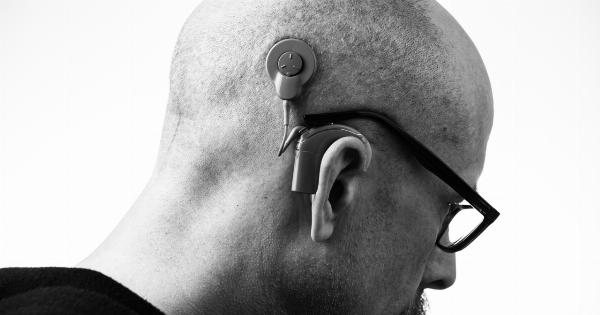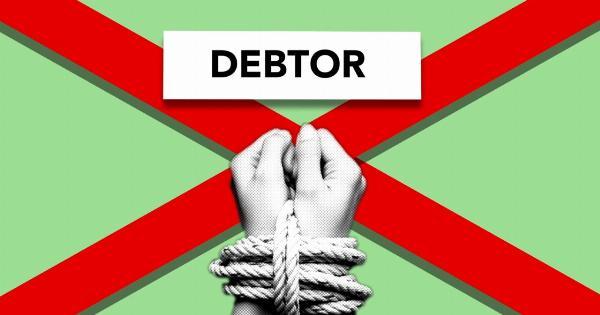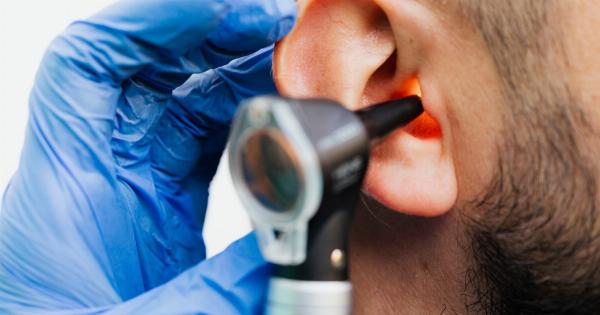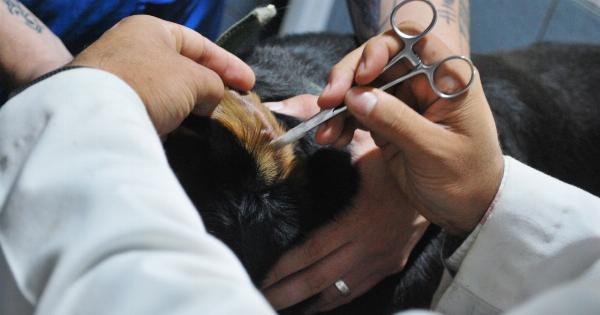Earwax, also known as cerumen, is a yellowish, waxy substance produced by the glands in our ears to protect the ear canal from dust, dirt, and other foreign particles.
In normal circumstances, earwax is self-cleaning and moves from the ear canal to the ear opening by chewing and other jaw movements. However, in some cases, earwax can build up and cause discomfort or hearing problems. At what point should you seek professional help to remove earwax? Let’s explore.
1. When you experience severe ear pain
One of the signs that you may need professional earwax removal is severe ear pain. If you’re experiencing intense pain that persists or worsens, it could be a sign that there is a blockage caused by excessive earwax.
A healthcare professional can examine your ears and determine the best course of action to relieve the pain.
2. When your hearing is significantly affected
If you notice a sudden decrease or muffled hearing in one or both ears, it may be due to a buildup of earwax.
While earwax can cause temporary hearing loss, it’s essential to have a professional evaluate and remove the blockage to prevent further damage. It’s particularly crucial to seek immediate care if you experience a sudden hearing loss without any apparent cause.
3. When you have persistent symptoms
If you’ve been experiencing persistent symptoms related to your ears, such as earache, fullness in the ear, tinnitus (ringing in the ear), or dizziness, it may be time to seek professional help.
These symptoms can be indicative of an excessive buildup of earwax or other underlying ear conditions that require medical attention.
4. When your attempts for at-home removal fail
There are numerous over-the-counter ear drops and home remedies available for earwax removal. While these methods can work for mild cases of earwax buildup, they are not always effective.
If you’ve tried various at-home remedies without success, it’s advisable to consult with a professional. They can determine the cause of the blockage and provide appropriate treatment.
5. When you have a history of ear problems or complications
If you have a history of recurring ear infections, ruptured eardrums, or ear surgeries, it’s crucial to seek professional assistance for earwax removal.
These conditions can affect the natural self-cleaning process of the ears, making it more likely for earwax to build up and cause further complications. Regular check-ups with an ear specialist can help prevent potential issues.
6. When you wear hearing aids or earplugs
Hearing aids and earplugs can contribute to earwax buildup by blocking the natural outward flow of earwax. If you frequently use hearing aids or wear earplugs for extended periods, it increases the risk of impacted earwax.
Seeking professional help for regular earwax removal can prevent potential problems and ensure optimal hearing aid function.
7. When you have a foreign object lodged in your ear
If you accidentally insert a foreign object into your ear and can’t remove it yourself, it’s best to seek immediate professional help.
Attempting to remove the object without proper knowledge or tools can harm your ear canal or damage your eardrum. A healthcare professional will have the necessary expertise and tools to safely remove the foreign object.
8. When you have diabetes or compromised immune system
Individuals with diabetes or compromised immune systems may be more prone to ear infections and excessive earwax buildup. These conditions can impair the ear’s self-cleaning mechanism and increase the risk of complications.
Regular check-ups with a healthcare professional can help manage earwax-related issues and prevent potential infections.
9. When you experience frequent ear itching or discharge
Excessive earwax can lead to itchiness and an increased production of earwax itself. If you frequently have itchy ears, notice a foul-smelling discharge, or find traces of blood in the discharge, it’s essential to consult with a professional.
These symptoms may indicate an underlying infection or an injury to the ear canal caused by attempts to remove the excess earwax.
10. When you are uncertain about the cause of your symptoms
If you experience any unusual symptoms related to your ears and are uncertain about the cause, it’s always best to seek professional advice.
A healthcare professional can conduct a thorough examination, diagnose the underlying issue, and recommend the appropriate treatment or earwax removal technique.
